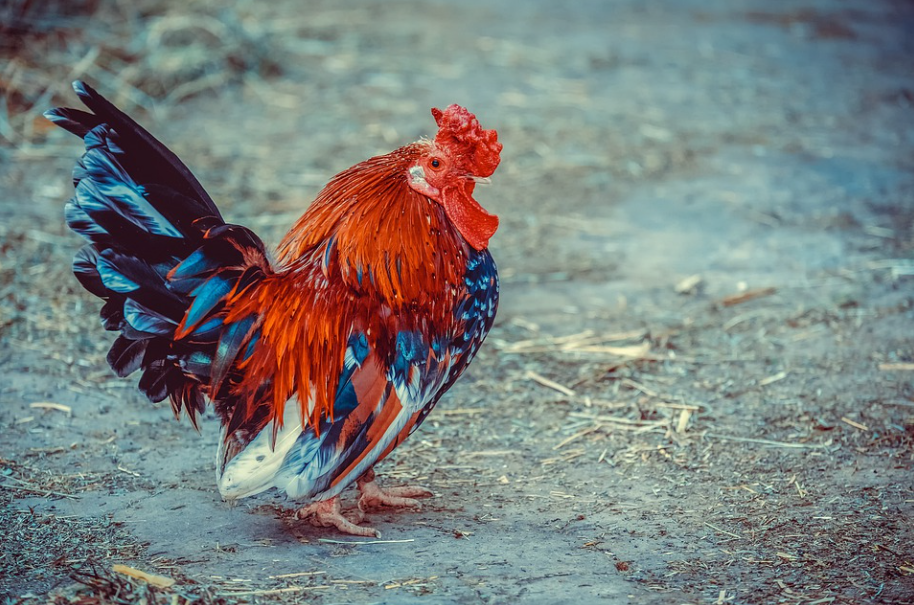Press Release
The Utah Department of Agriculture and Food (UDAF) is advising all domestic bird owners in Utah to be prepared for an increase of Highly Pathogenic Avian Influenza (HPAI) cases as the fall migration of wild waterfowl starts.
“This disease poses a threat to our poultry industry, backyard hobby flocks and human health,” said state veterinarian Dr. Dean Taylor. “HPAI is extremely contagious and easily spread among birds. Caution should be taken by bird owners to prevent spread of this disease.”
Utah has experienced many cases of HPAI in the spring and summer months, affecting Cache, Weber, Salt Lake, Utah and most recently, Sanpete counties. Currently, Sanpete County has eight turkey farms that tested positive for HPAI in the last two months. UDAF is working with USDA officials to contain the disease in this area.
UDAF is asking for the public’s help to prepare for this expected increase of HPAI cases. All domestic bird owners, including backyard chicken flocks, ducks, geese, turkeys, gamebirds, etc., should strengthen their biosecurity practices. If possible, birds should be kept locked inside enclosures to avoid contact with migratory birds. Flocks should not have shared water, feed or grazing sources with wild bird habitats.
Anyone involved with poultry production from the small backyard to the large commercial producer should review their biosecurity activities to assure the health of their birds. USDA APHIS has materials about biosecurity, including videos, checklists and a toolkit, available at https://www.aphis.usda.gov/aphis/ourfocus/animalhealth/animal-disease-information/avian/defend-the-flock-program/dtf-resources/dtf-resources.
Indicators of HPAI in avian flocks are high death loss, nasal discharge, decreased appetite or water consumption, and lack of coordination in birds. If birds are experiencing any of these symptoms, it should be reported to the state veterinarian immediately at statevet@utah.gov.
According to the U.S. Centers for Disease Control and Prevention, the recent HPAI detections do not present an immediate public health concern. One case of this strain of HPAI has been detected in the United States.
For more information and guidance on how to protect animal and human health in Utah, visit https://ag.utah.gov/hpai/.

